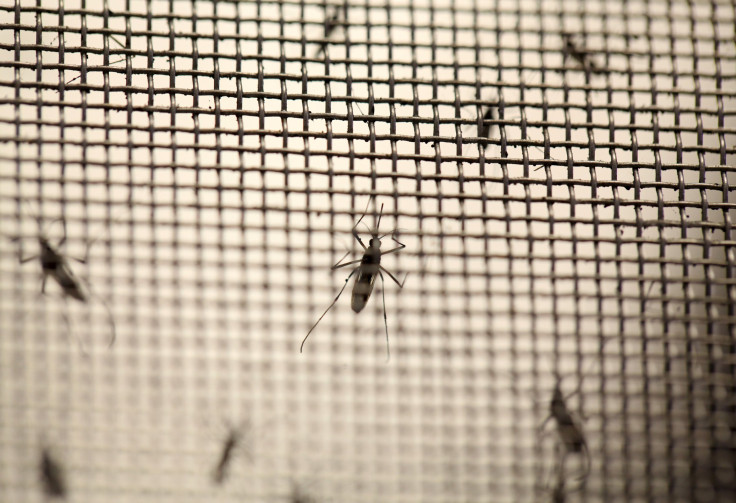Artificial Light May Make Aedes Aegypti Mosquitoes 'Abnormally' Active At Night, Study Shows
KEY POINTS
- Aedes aegypti mosquitoes are more active when there is natural light
- A study found that Aedes aegypti mosquitoes bite twice as much at night when there is artificial light
- The study highlights how increasing levels of light pollution could impact transmission of diseases like dengue
Aedes aegypti mosquitoes, which are carriers of dengue and Zika viruses, are known to be active biters during the daytime, but a team of researchers has found that artificial lights can "abnormally" increase their biting behavior even at night.
Aedes Aegypti mosquitoes transmit various mosquito-borne diseases such as dengue fever, chikungunya, yellow fever and Zika fever. The species mostly bite in the early morning and in the afternoon hours when there is light, but what happens when they are exposed to artificial lights at night?
To find out, a team of researchers conducted an experiment wherein the study's first author, Samuel S. C. Rund of the University of Notre Dame's Department of Biological Sciences, let mosquitoes bite him under certain conditions including during daytime, at night, and at nighttime while exposed to artificial light. They then measured the mosquitoes' blood-feeding behavior.
As expected, the mosquitoes fed more during the daytime and less at night. However, mosquitoes that were exposed to artificial light at night were actually twice as likely to bite compared to those not exposed, a news release from the University of Notre Dame said.
This shows that mosquitoes that feed during the daytime tend to bite more at night when there is artificial light.

"This is potentially a very valid problem that shouldn't be overlooked," study co-author Giles Duffield, also of the University of Notre Dame's Department of Biological Sciences, said in the news release. "They live and breed in the vicinity of houses, so the chances of Aedes aegypti being exposed to light pollution are very likely."
Aedes aegypti mosquitoes are considered "container-inhabiting" mosquitoes, the University of Florida (UF) explains, because they often breed in items that are commonly seen in or around a house, such as spare tires, drainage ditches, untreated swimming pools and unused flower pots.
"They thrive in urbanized areas, in close contact with people making them an exceptionally successful vector," the university in a feature.
The Notre Dame team said their study "highlights the concern that globally increasing levels of light pollution could be impacting arboviral disease transmission, such as dengue fever and Zika, and has implications for application of countermeasures for mosquito vector control."
The researchers are studying the relationship between artificial light and Aedes ageypti and trying to understand whether there is a genetic factor to the mosquitoes' biting behavior since not all of them are willing to bite at night even with the lights, the news release said.
The study is published in The American Journal of Tropical Medicine and Hygiene.
© Copyright IBTimes 2024. All rights reserved.






















